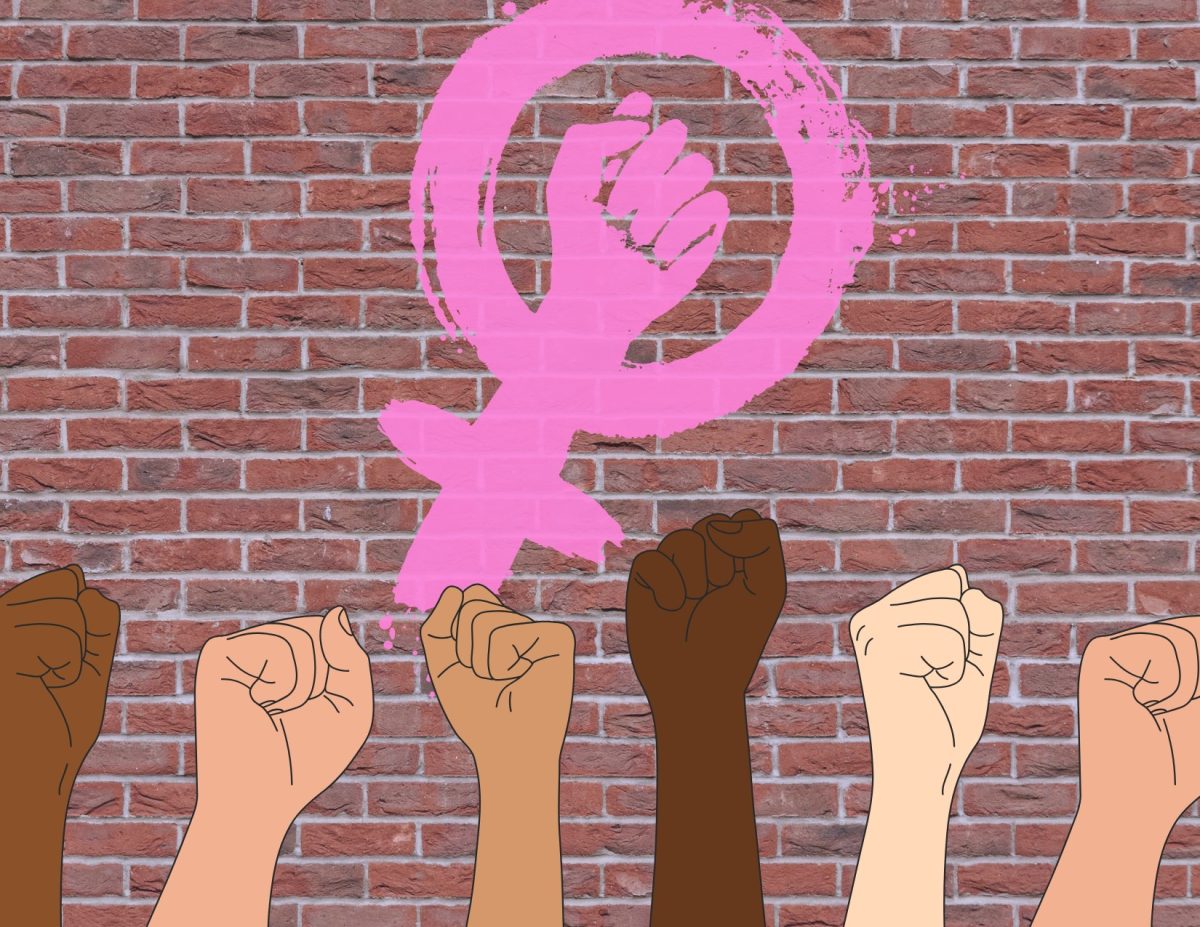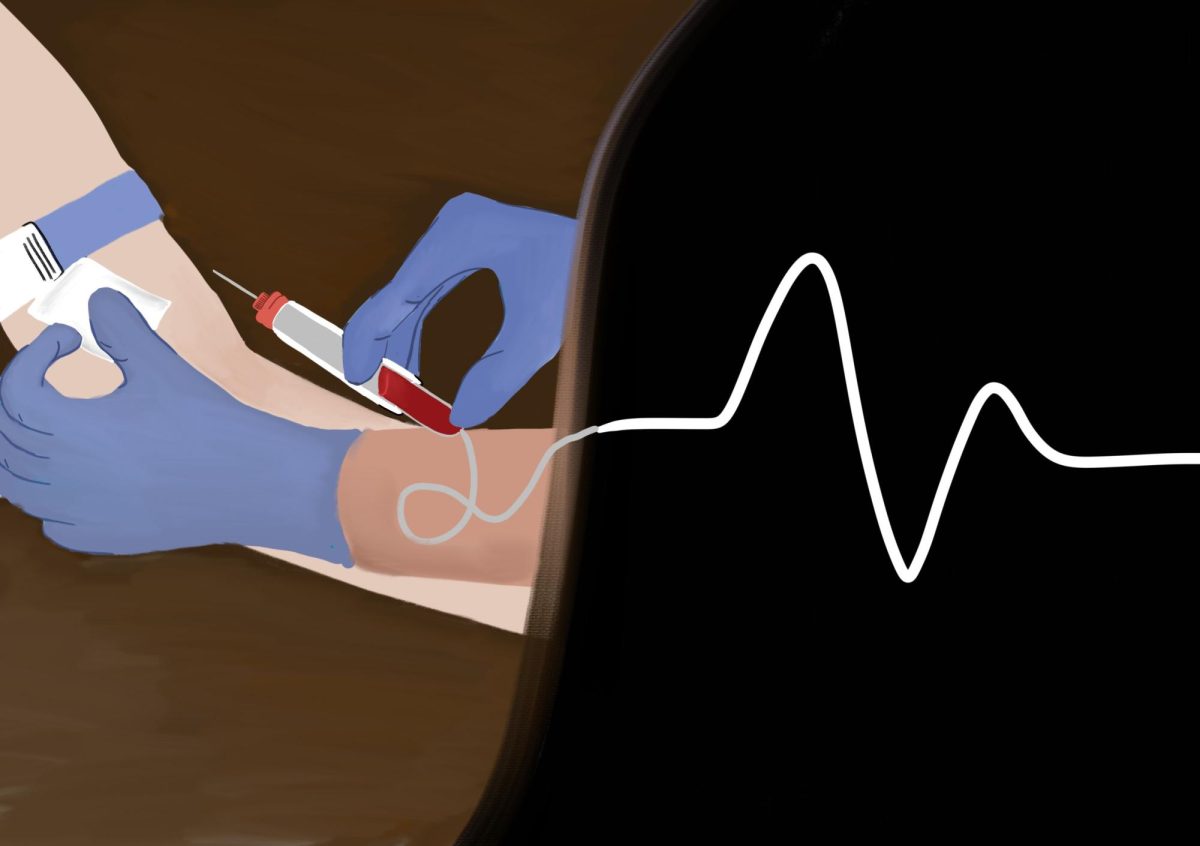On Oct. 17, 2024, Israel announced that Yahya Sinwar was killed during an Israeli military operation in southern Gaza. Sinwar was the head of Hamas who plotted the surprise attack on Israel last October, which caused over 1200 Israeli casualties and over 250 hostages taken, with many still being held today. His death occurred unknowingly to the Israeli forces who encountered him while on the military operation. His death not only hurts the leadership of Hamas but also raises questions about Hamas’s conflict with Israel, as well as Iran – a crucial advisory to Israel in the war with Hezbollah.
Widely regarded as the most influential person in Hamas, Sinwar played a significant role in shaping what Hamas is today. Under his leadership, Hamas’s stance with Israel hardened, culminating in the Oct. 7 attack. This attack triggered an intense Israeli response, leading to fierce fighting in Gaza that still goes on today.
Sinwar was seen as a unifier in Hamas, and his strategies aimed at expanding the war with Israel. Documents that Israel recently uncovered say it depicts Sinwar’s vision of involving both Hezbollah and Iran deeper into the conflict. These documents were obtained by Israeli forces while on raids into Hamas command centers. His death opens up questions about whether Hamas’s resolve toward an open conflict weakens or if it will provoke further violence.
For the Israeli government, Sinwar’s death is seen as a great achievement. Both Prime Minister Benjamin Netanyahu and Defense Minister Yoav Gallant hailed the operation as a success but also as a warning to Israel’s enemies. Gallant remarked that the assassination was a message that Israel would bring justice to anyone who would attempt to harm them.
Response to his death throughout the world has been mixed. President Biden congratulated Netanyahu and said that the assassination was not only a victory for Israel but for the world. Additionally, Biden stated that this was an opportunity for a ceasefire to gain hold. On the other hand, many online reactions reflect both disbelief and anger, with some saying that Sinwar had died courageously. These sentiments could further deepen divisions and cause more violence in an already fragile Gaza.
Sinwar was considered one of the leading forces behind Hamas’s refusal to agree upon a ceasefire, and his death could unlock stalled truce talks. However, major obstacles still remain as Sinwar’s hard-line brother, Muhammad, is believed to retain significant influence within Hamas.
Sinwar’s death is seen as not only a blow to Hamas but also to Iran, a major backer. Under Sinwar, Hamas strengthened its ties to Iran and the “axis of resistance” against Israel. His death could force Iran to reconsider its strategy, as Hezbollah, another group supported by Iran, has escalated its attacks on Israel.
The death of Sinwar may also deepen division within Hamas itself, as his sudden assassination has left a power vacuum within the group that could lead to internal problems. Many are uncertain who will take control, as the most likely candidate, Khaled Meshaal, is in Qatar, far away from the conflict.
Yahya Sinwar’s assassination is a critical moment in the Israel-Hamas war, as one of Hamas’ most strategic and influential leaders has been removed. While Israel sees this as a victory, the implications are far from clear.
The aftermath of this event could take many different paths. Depending on how Hamas’ leadership and its regional allies react, it could either lead to an eventual ceasefire and end of hostilities or lead to a further escalation of regional conflict and violence. What remains certain is that this event will have long-term consequences for the Middle East.







